2824 Views· 23 August 2022
Break Free from Food Addiction: Dr. Mark Hyman's Expert Strategies
Are you struggling with food addiction and looking for practical solutions? In this enlightening video, Dr. Mark Hyman shares transformative strategies to help you overcome cravings and regain control of your eating habits. Discover the science behind food addiction and learn how to cultivate a healthier relationship with food. Dr. Hyman discusses the psychological and physiological aspects of food addiction, offering actionable advice to help you break free from unhealthy patterns. Whether you’re battling sugar addiction, emotional eating, or simply seeking a balanced diet, this video is packed with insights that can change your life. Join us as we explore the power of nourishing foods, mindfulness, and lifestyle changes. Unlock the secrets to a healthier you and say goodbye to food addiction for good! Keywords: food addiction, sugar cravings, healthy eating, Dr. Mark Hyman, emotional eating, nutrition, mindful eating, wellness tips #FoodAddiction #HealthyEating #DrMarkHyman #MindfulEating #Nutrition #WellnessTips #Cravings #SugarAddiction
Watch more videos in this category: https://vidude.com/videos/category/804









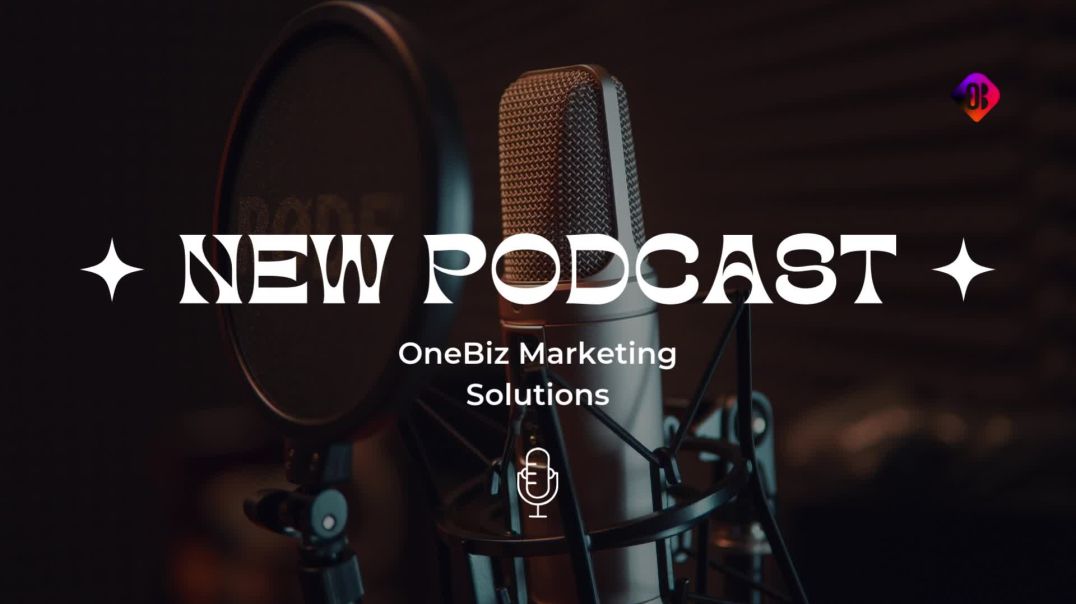

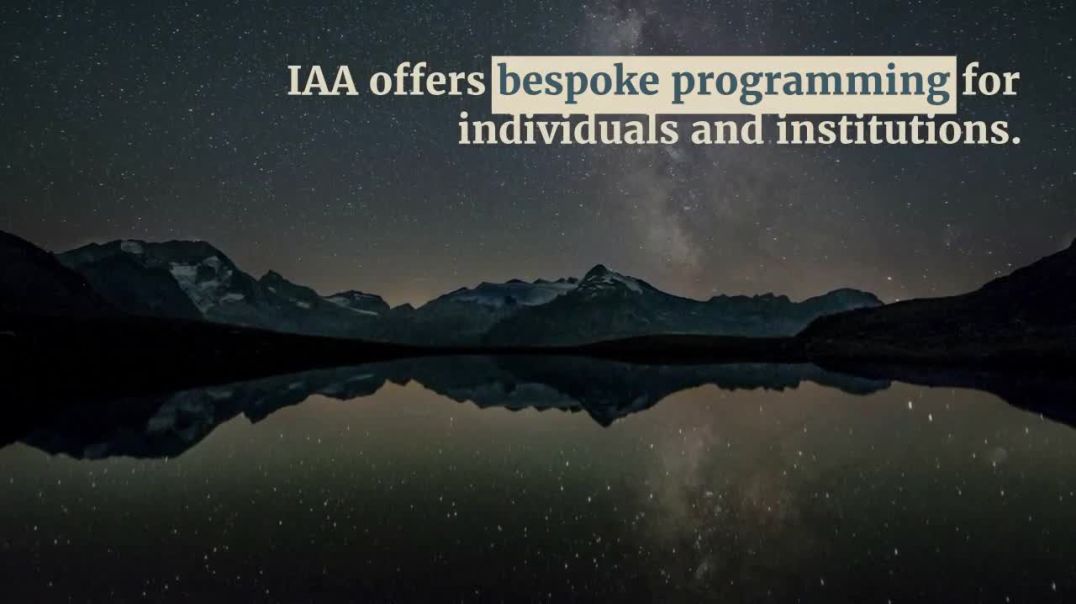




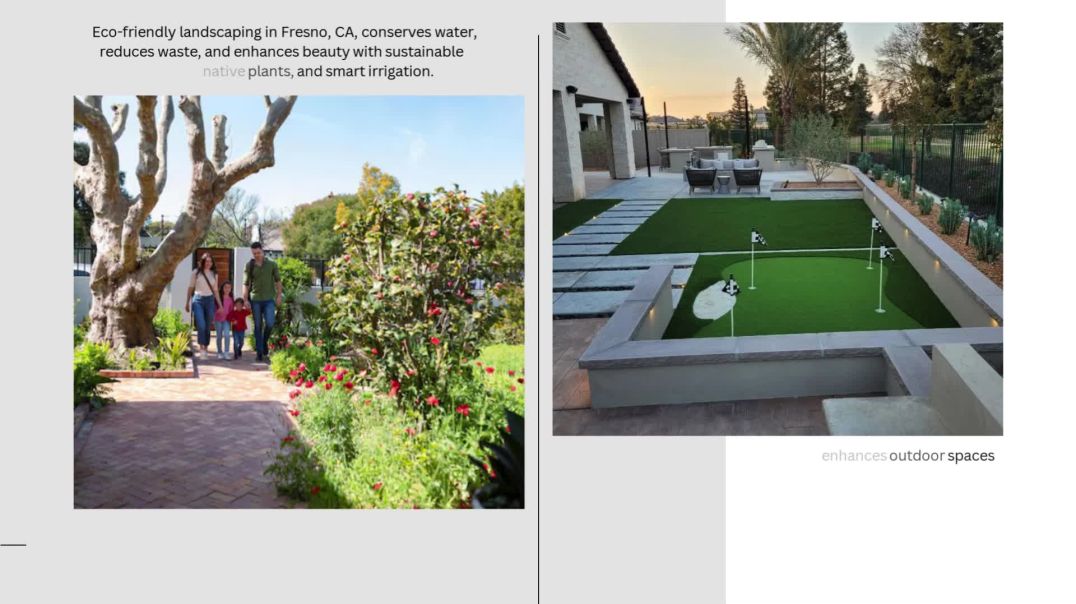

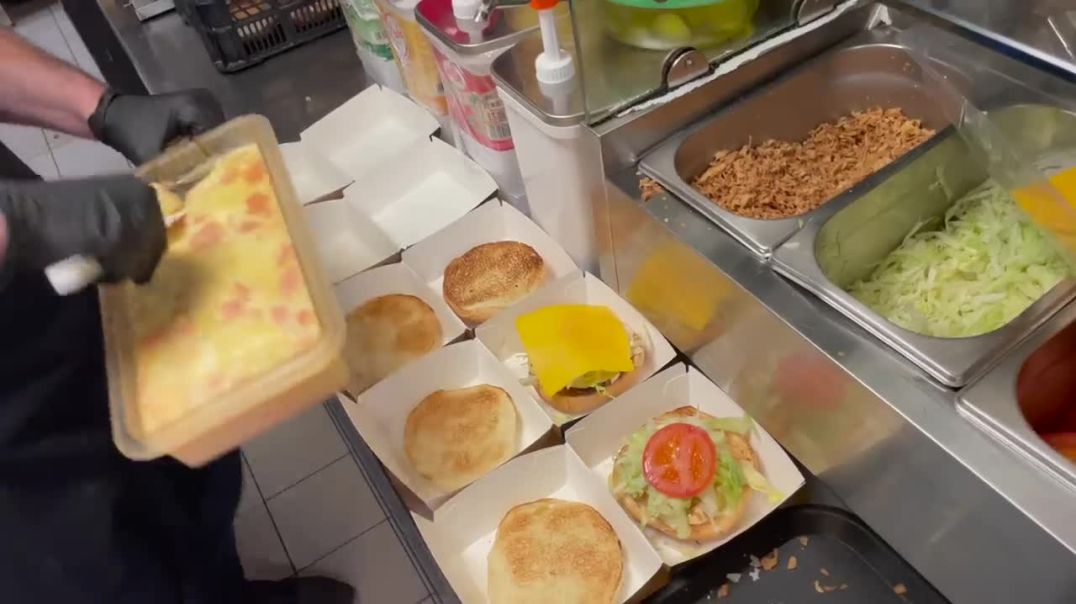

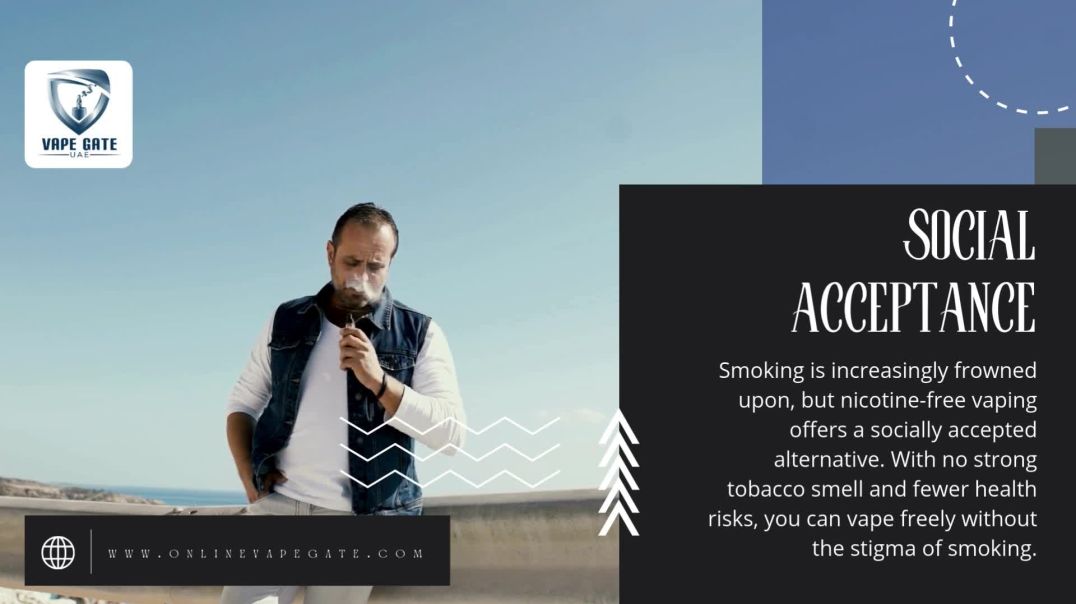
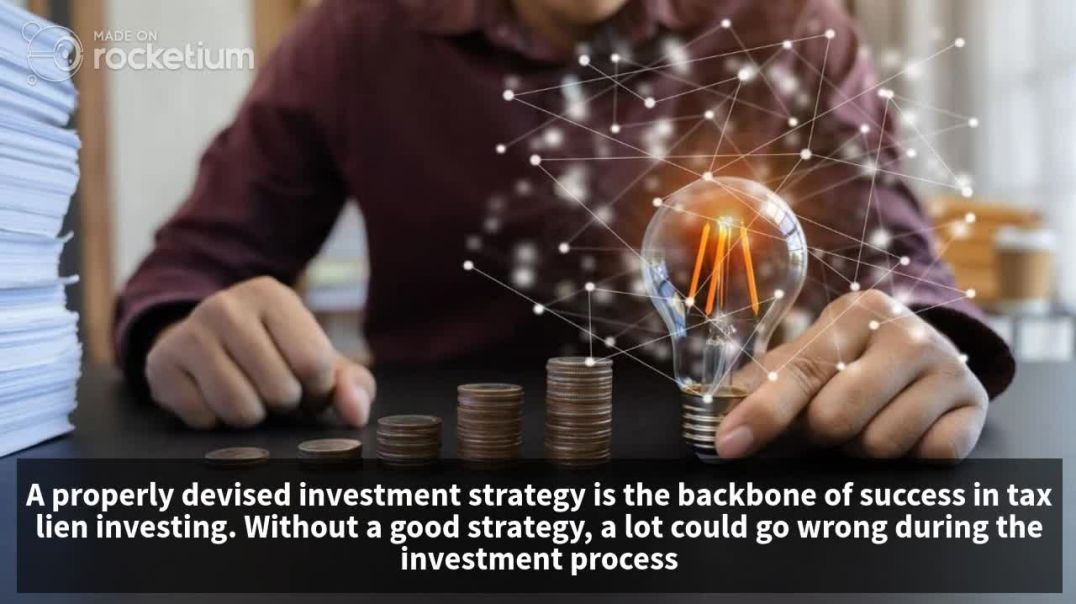
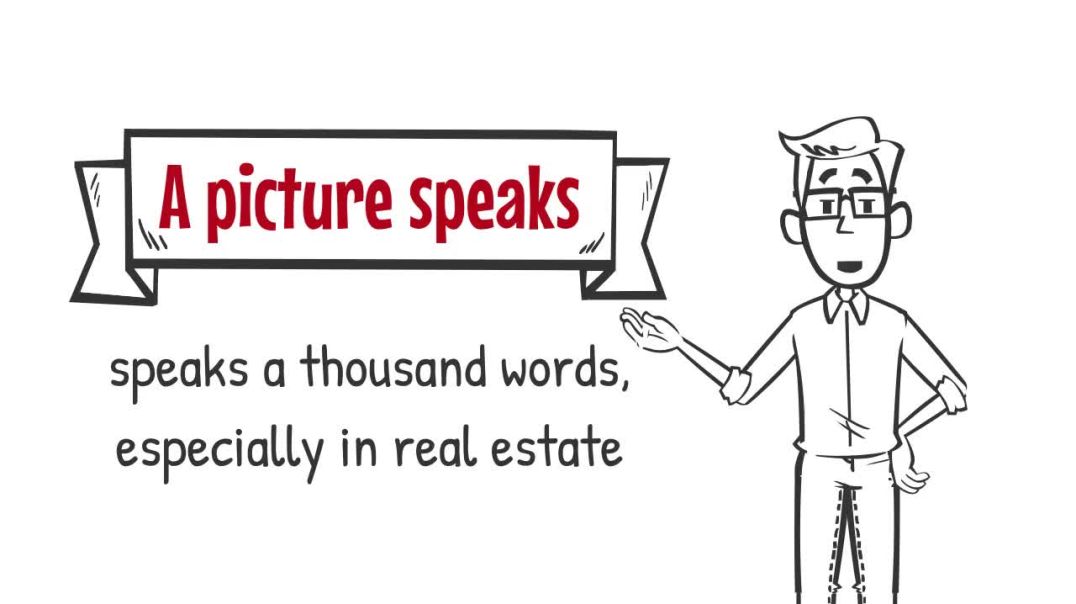

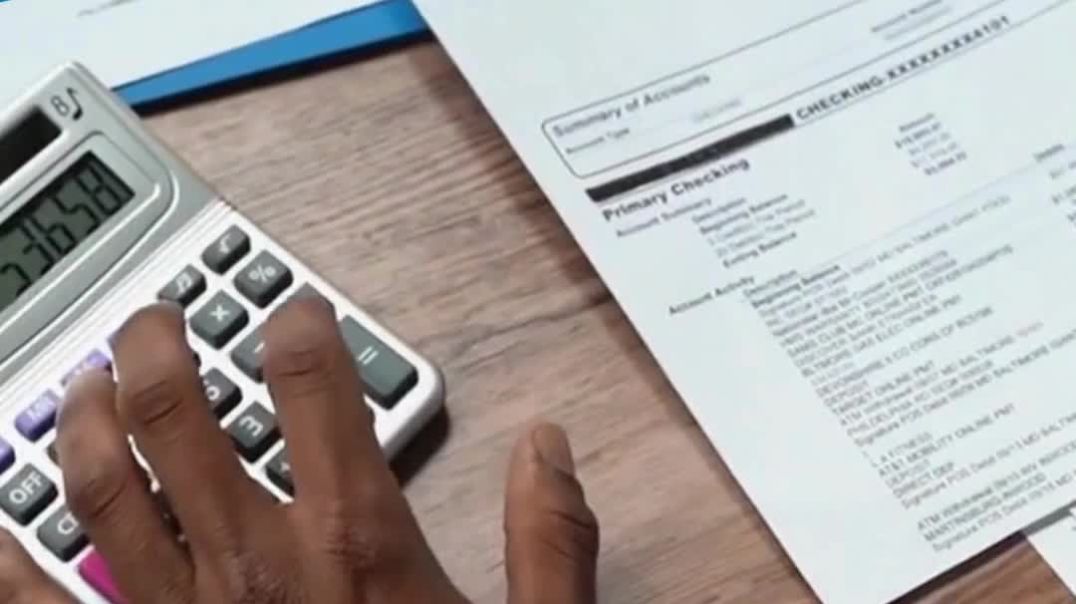
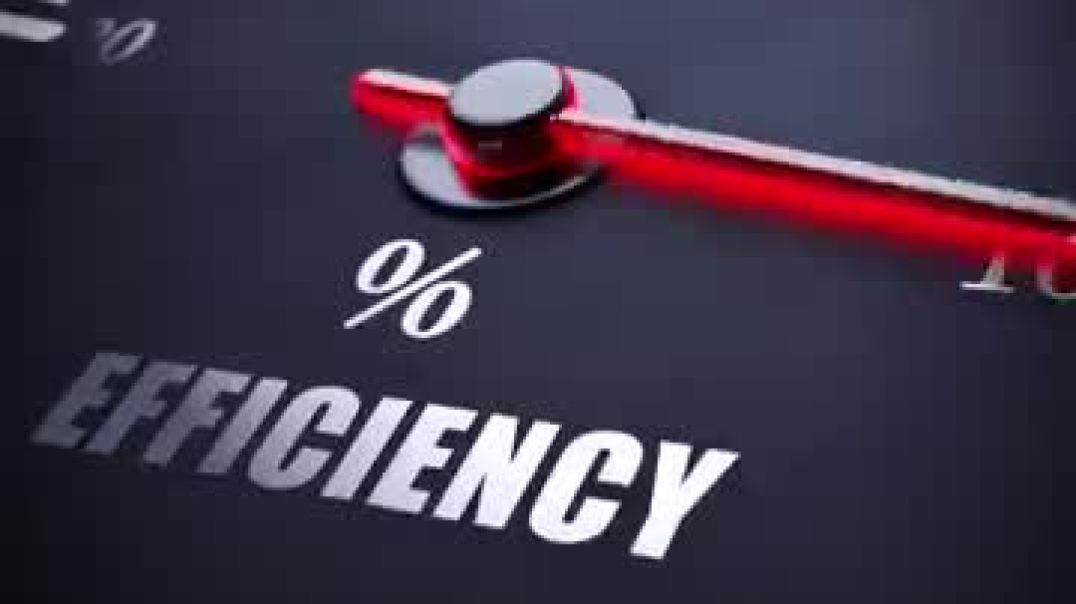
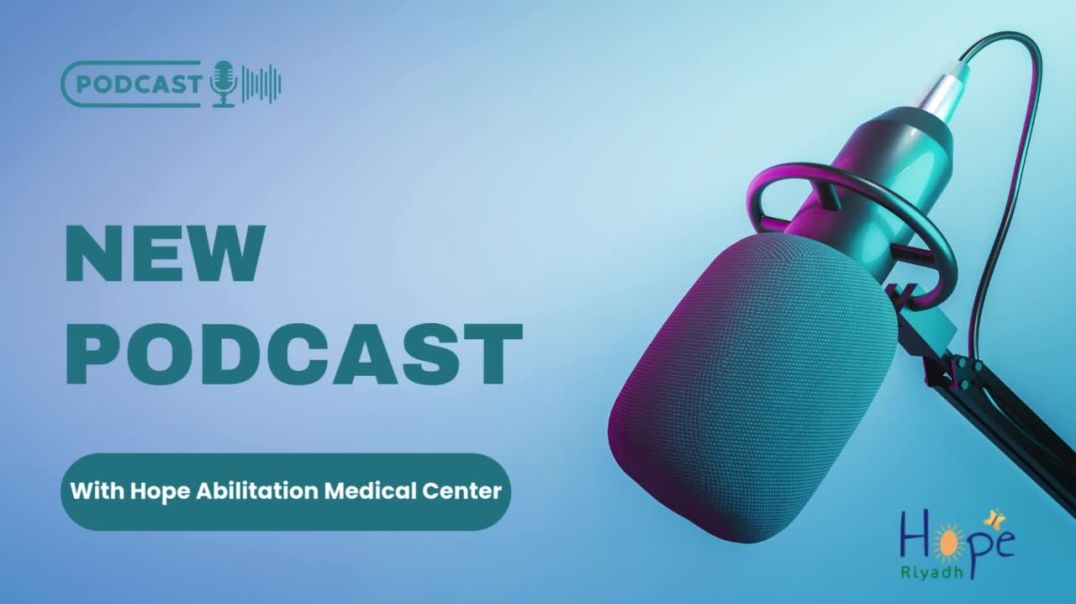
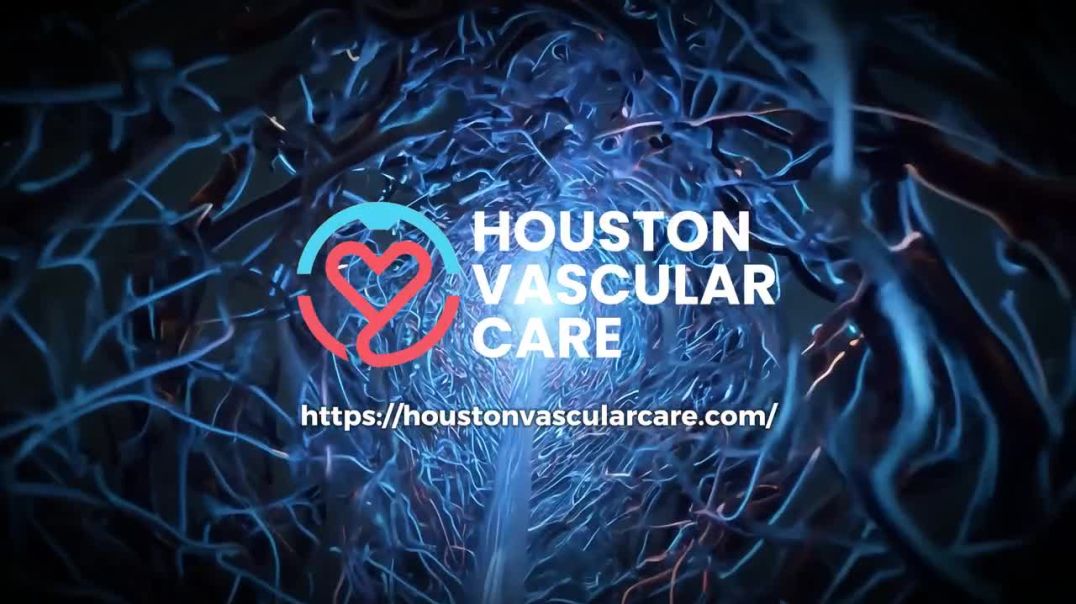
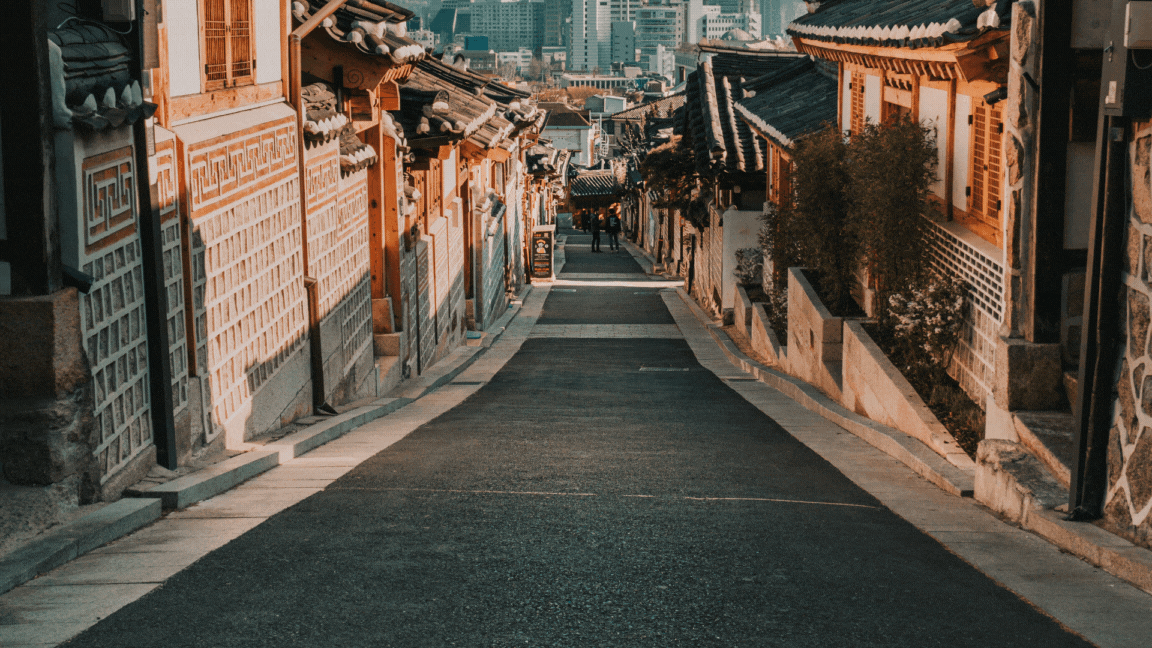
0 Comments